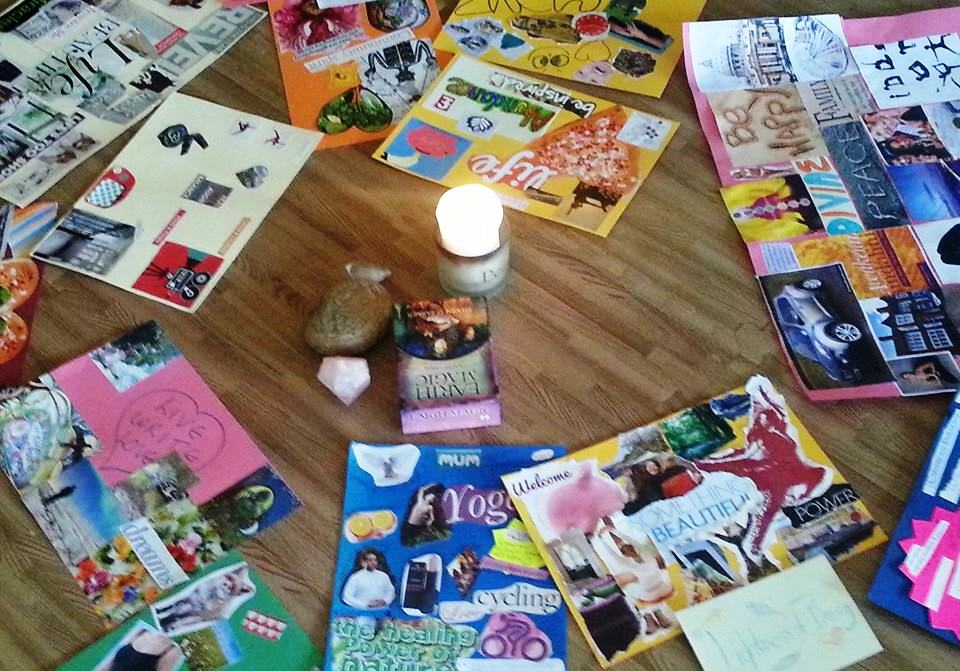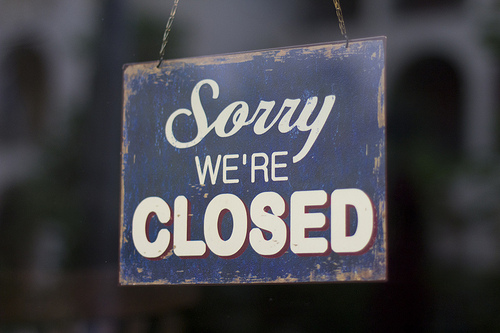The best class I ever taught…nobody came
Blog No Comments »Originally posted on ceibhfhion.blogspot.com
“The best class I ever taught, nobody came” Yogi Bhajan
For the first time ever last weekend I had to cancel one of my seasonal yoga workshops because nobody booked to come. Of course, I have had times where nobody turned up for a class, or when very few people turned up for a class, but my seasonal workshops have always been very popular.
And herein lies my difficulty. I realise that I am – whether I like it or not – partly in a popularity contest. Of course this is not the whole story. Many factors conspire to fill or empty classes, and the popularity or otherwise of the teacher is just one small part of that equation. Much of my work and reflective practice as a teacher over the years has been in learning to let go of this desire and expectation. Accepting that whoever turns up is there because they are up for exploring what I have to offer.
But, clearly, there are reasons why some people’s classes are full whilst others struggle to get by with 3 or 5 students. And in my experience of mentoring newer yoga teachers, it is often those who have more depth to offer who are struggling in this way. Maybe it’s because, with greater sensitivity, comes greater humility and the effort to “sell” oneself in the yoga marketplace (because – sadly – that’s what it has become) doesn’t come easily or naturally. I see teachers struggling with their teaching identity, burdened with the notion that they have to adapt what they teach, and how they teach, in order to appeal to the “market.”
In marketing, this is the accepted norm, and in a consumerist world, necessary. Adapt and change the product in order to move with the times, to capture new markets, to appeal to a new generation of consumers.
But in yoga?
From me – a big resounding “NO!”
Despite my best efforts in marketing, I have never had packed out classes the way some yoga teachers do. This is fine. It’s actually the way I like to teach. But, I also confess that I have those days when I have a bubbling up of resentment for the packed hot yoga classes across town, or the knowledge that one of my students isn’t coming to class because they have defected to someone else’s. But when I take time to really tune in to the reality of what’s going on, I reach a deeper sense of what is at play.
I acknowledge that it has a lot to do with how I teach. Not everyone is up for experiencing the kind of deeply embodied and mindful practice that I offer. I teach the kind of yoga that brings you face to face with yourself. No escape. To me, this IS yoga. Yoga is not an escape from reality, or a way of anaesthetising the mind. Yoga brings us into awareness of WHO WE REALLY ARE. And whilst I offer this in a gentle, loving and safely held way, I am up front about this and I acknowledge that the very thought of even beginning this conversation is enough to put people off.
Most yoga classes offered nowadays seem to be what a fellow teacher describes as “yogacise.” A stripped down version of what yogis understand yoga to be. What they are offering is yoga-asana, the postural aspect of Hatha Yoga and – in many cases – nothing else. Some yogis debate whether it is even asana or if it’s actually just some glorified version of callisthenics. If you’re lucky you might get a cursory “Namaste” at the end of class (my aversion to the term has some roots in this disingenuous nod to the tradition) In terms of exploring the other aspects of the practice – if you are even aware that they exist – you need to look elsewhere. For those of us offering the “elsewhere”, it can be really, really difficult to raise your voice loud enough to be found.
And even then, it can feel like shouting into the void. The truth is Yoga has become a product. As with any product it is subject to fads and fashions and the whims of the market, to the power of celebrity endorsement, to the desires of the consumer. And whilst there are many yogis and teachers who work to counter this phenomenon, it is like standing in the path of a juggernaut. We can continue to hold the depth and truth of the practice, but we are swimming in this veritable ocean of consumerism that is, relentlessly and undeniably changing the very definition of Yoga.
The truth, for me, is that I can’t compete with this. And I won’t. Yes, it is difficult when I rely on teaching classes and workshops for my income but I am blessed with other skills and strands to my practice that serve to keep the wolf from the door. I could, as was (helpfully) suggested by another fellow teacher the other day, give up teaching yoga, go back to simply practising yoga, and get a job to earn money. As if I don’t already have a job! I confess it more that crossed my mind. I was ready to give up teaching. Feeling the juggernaut bearing down on me and realising that, in that moment, I simply didn’t have the strength to compete any more, I was a hair’s breadth from giving it up and doing anything, anything else.
No, I am not going to compete any more. But I am not giving up. I will be there, in the yoga room, holding space for anyone who is curious, interested, hopeful, open-hearted enough to join me.
Even if nobody turns up.












